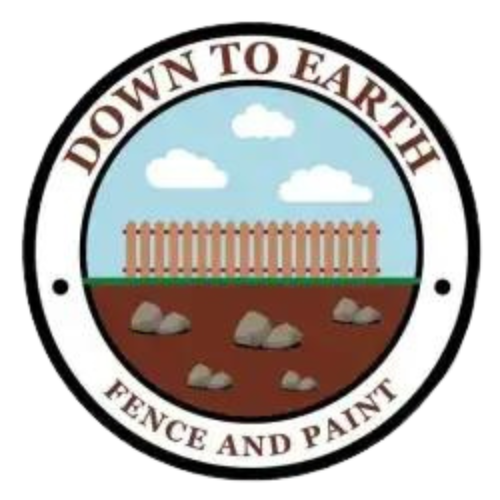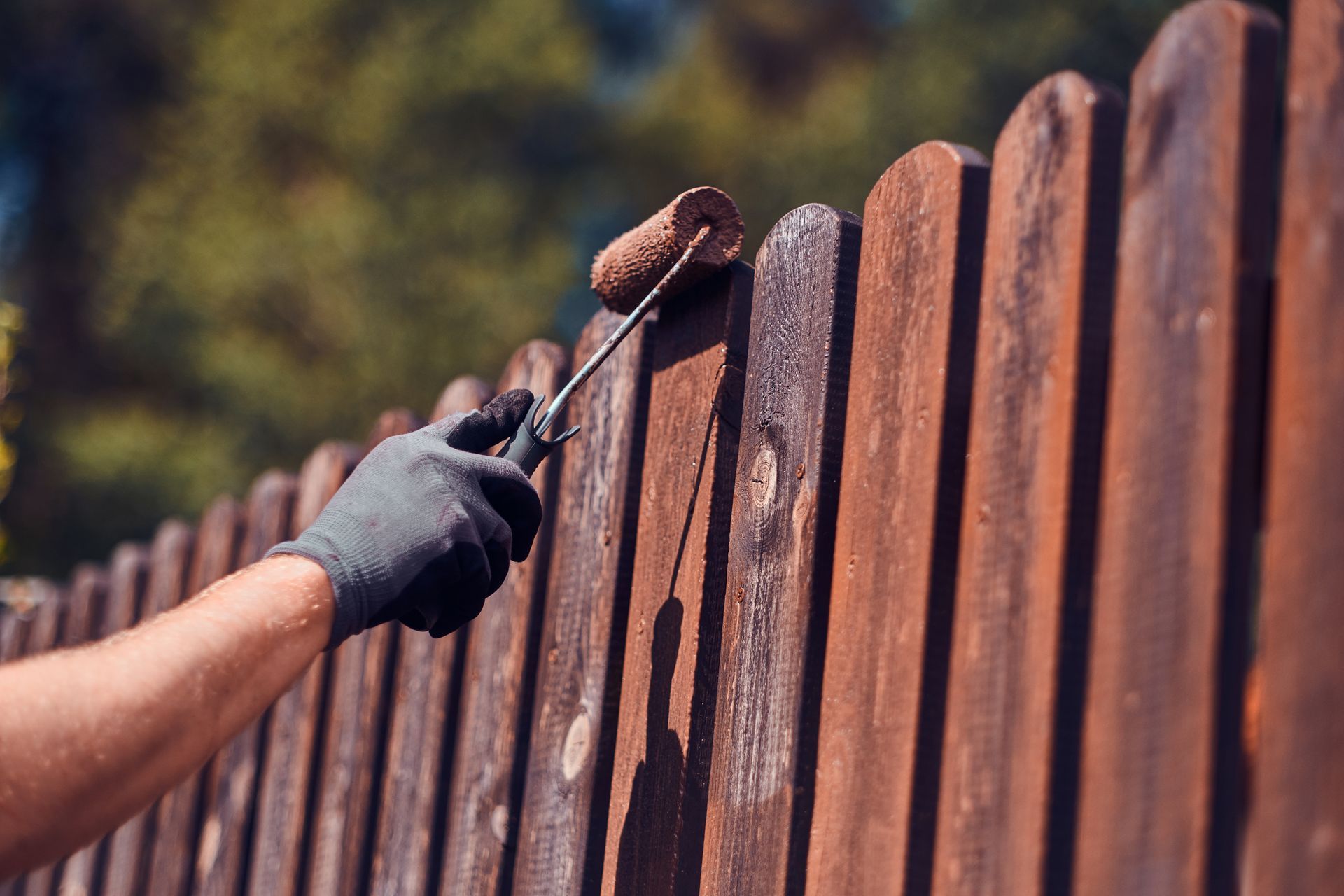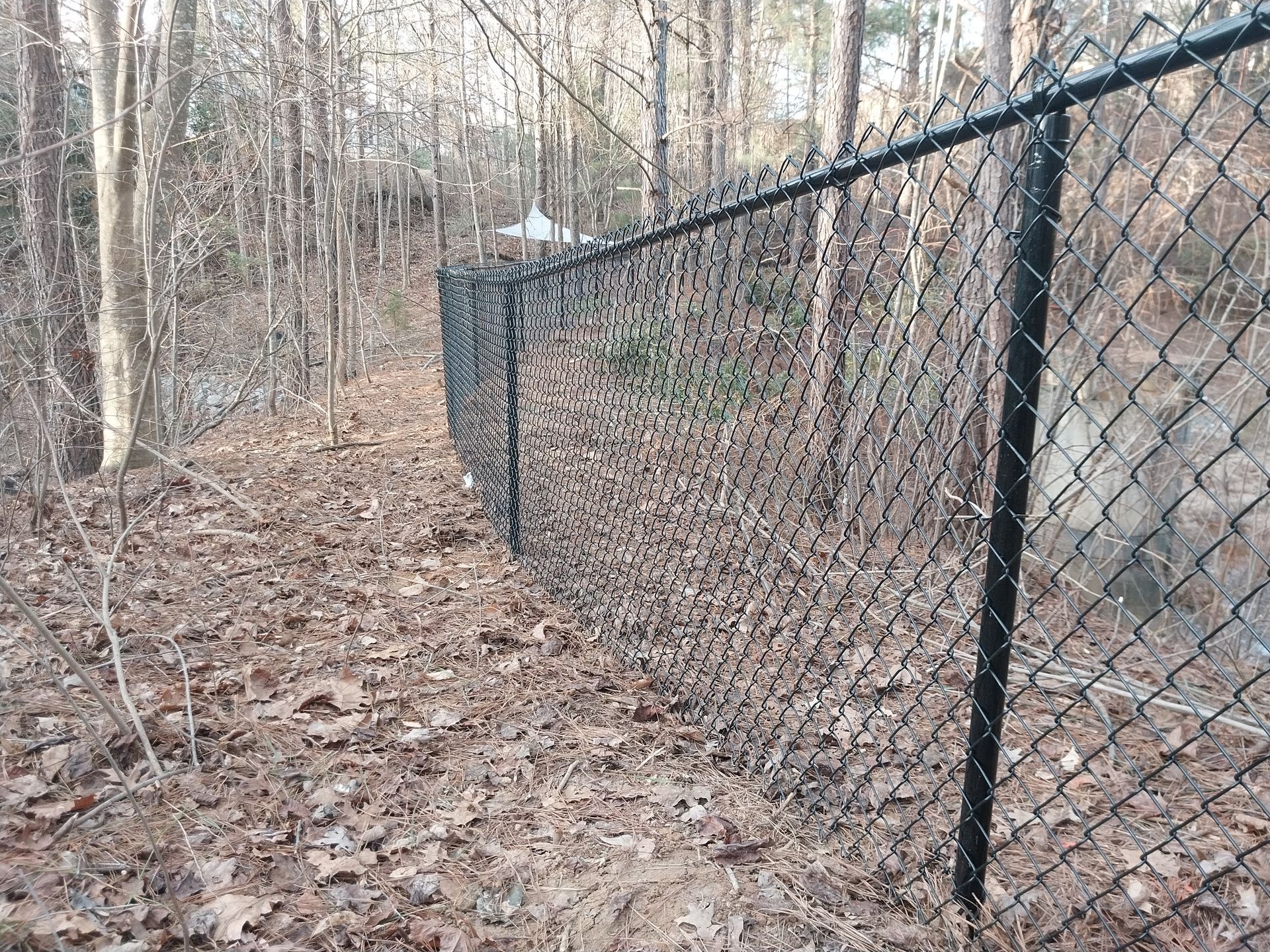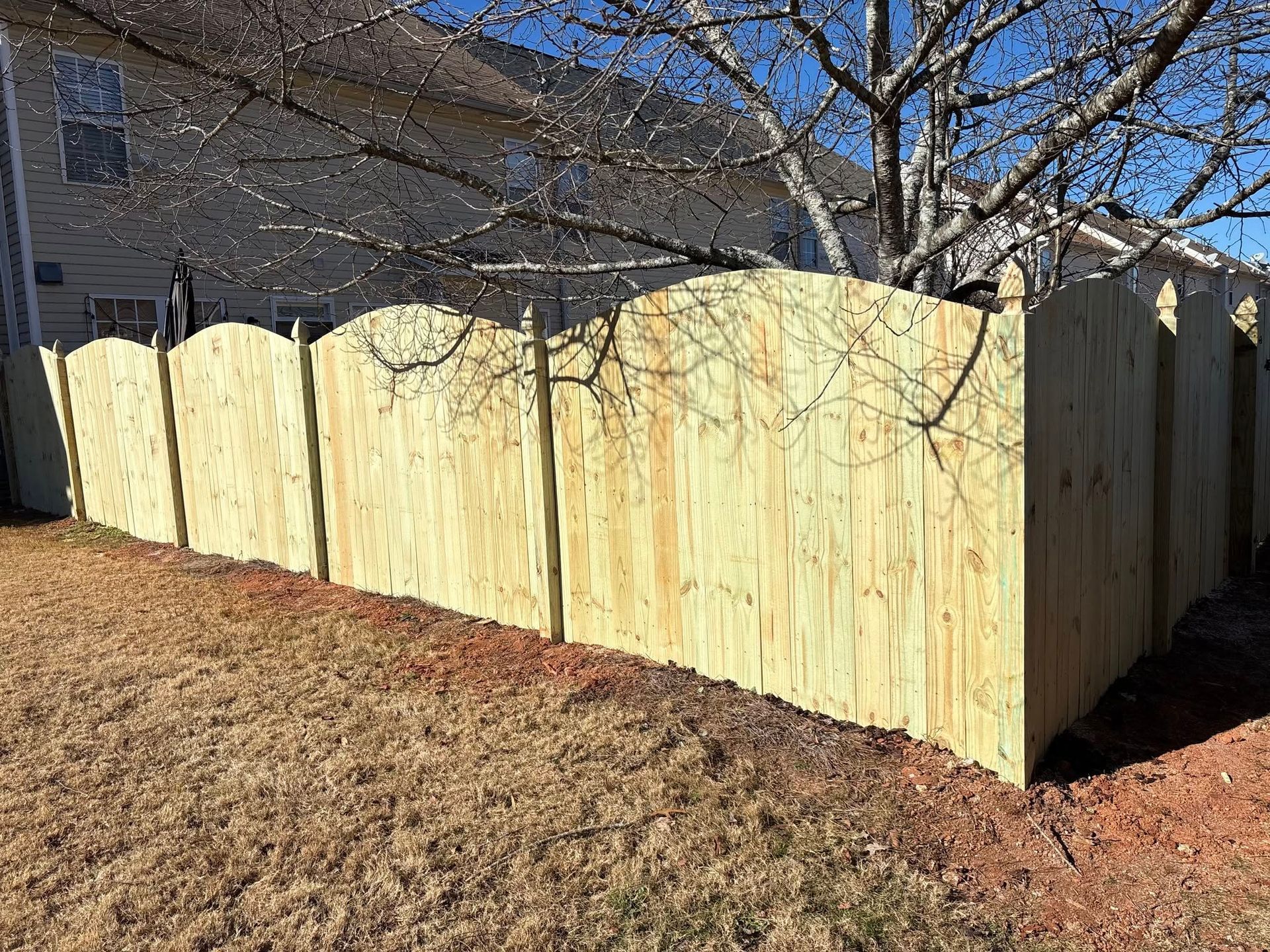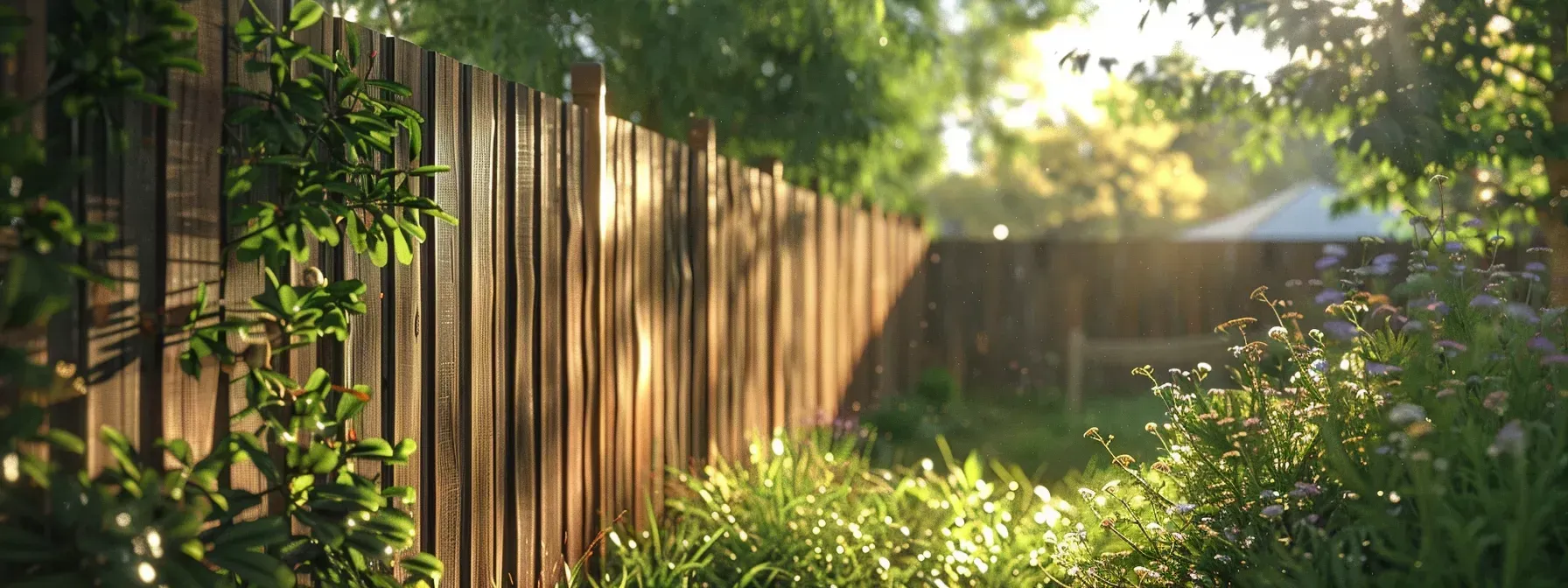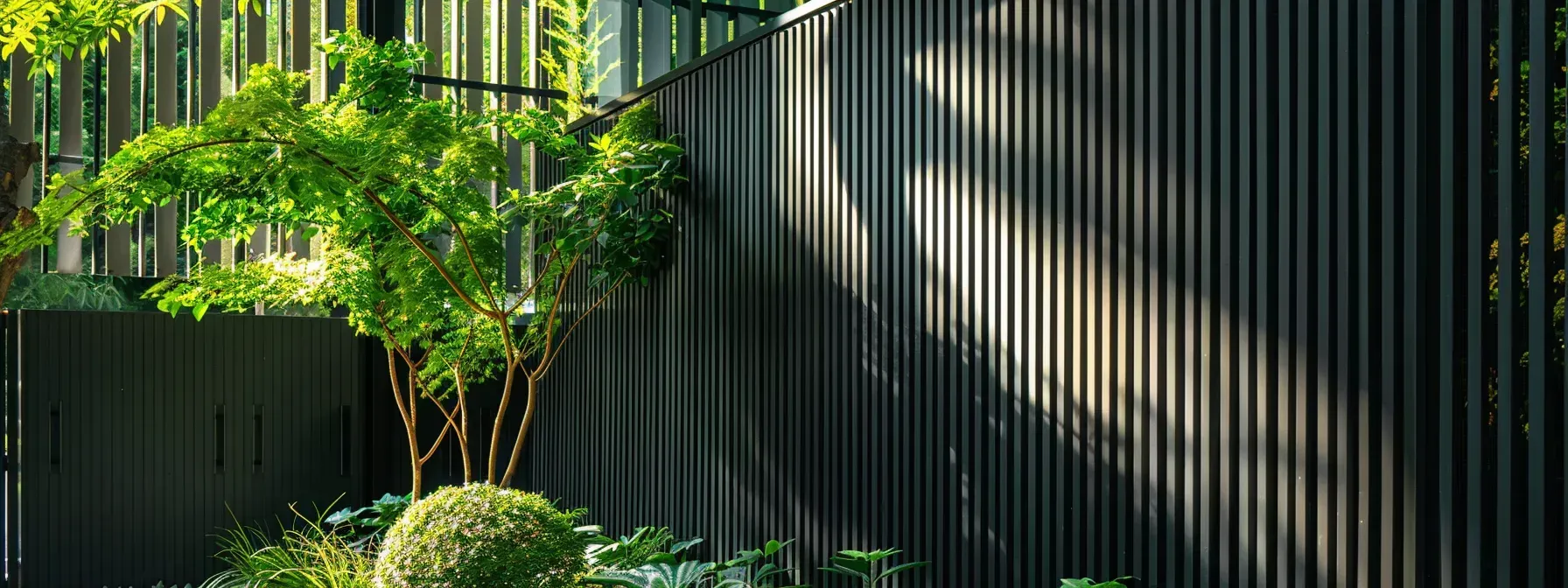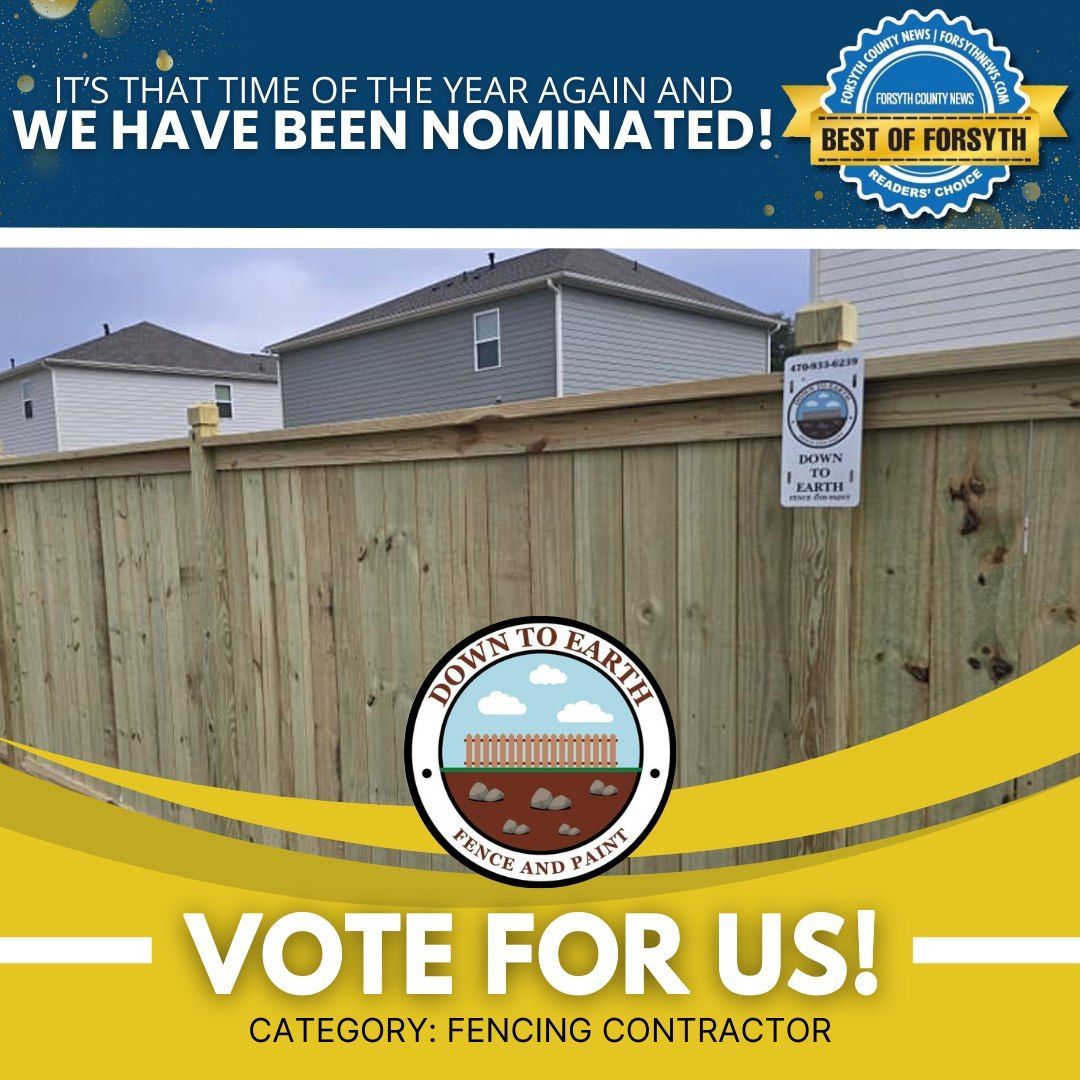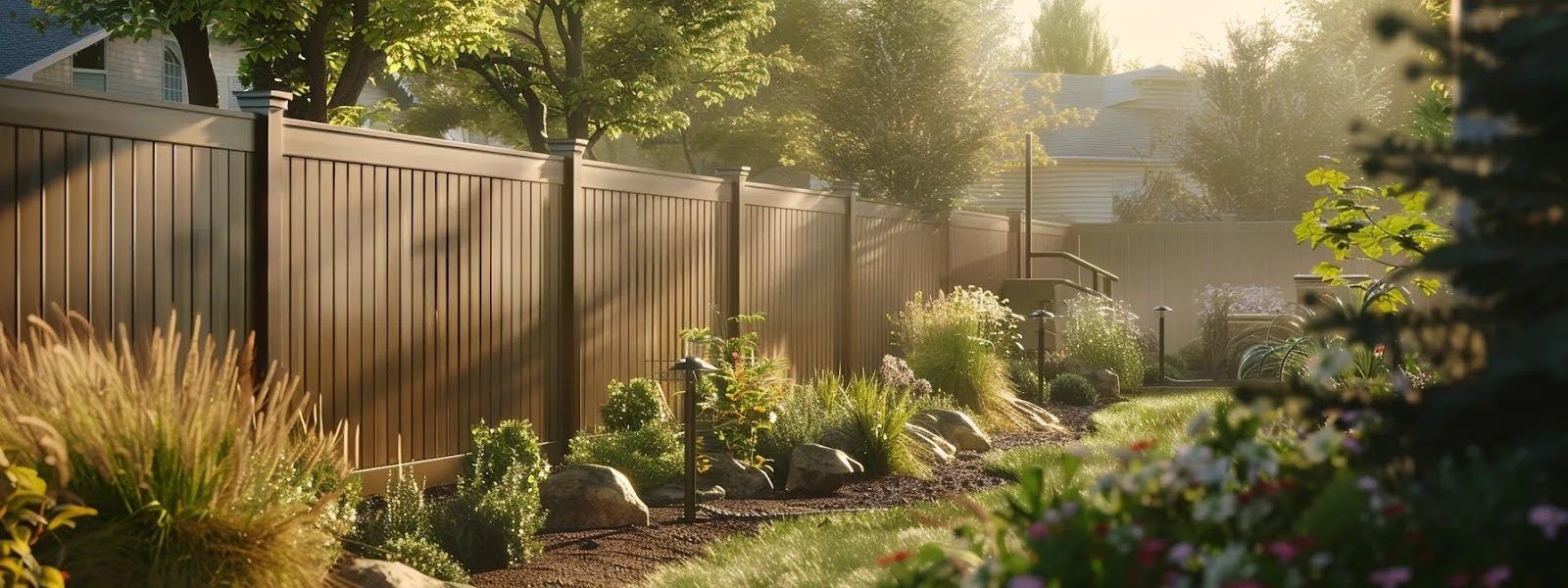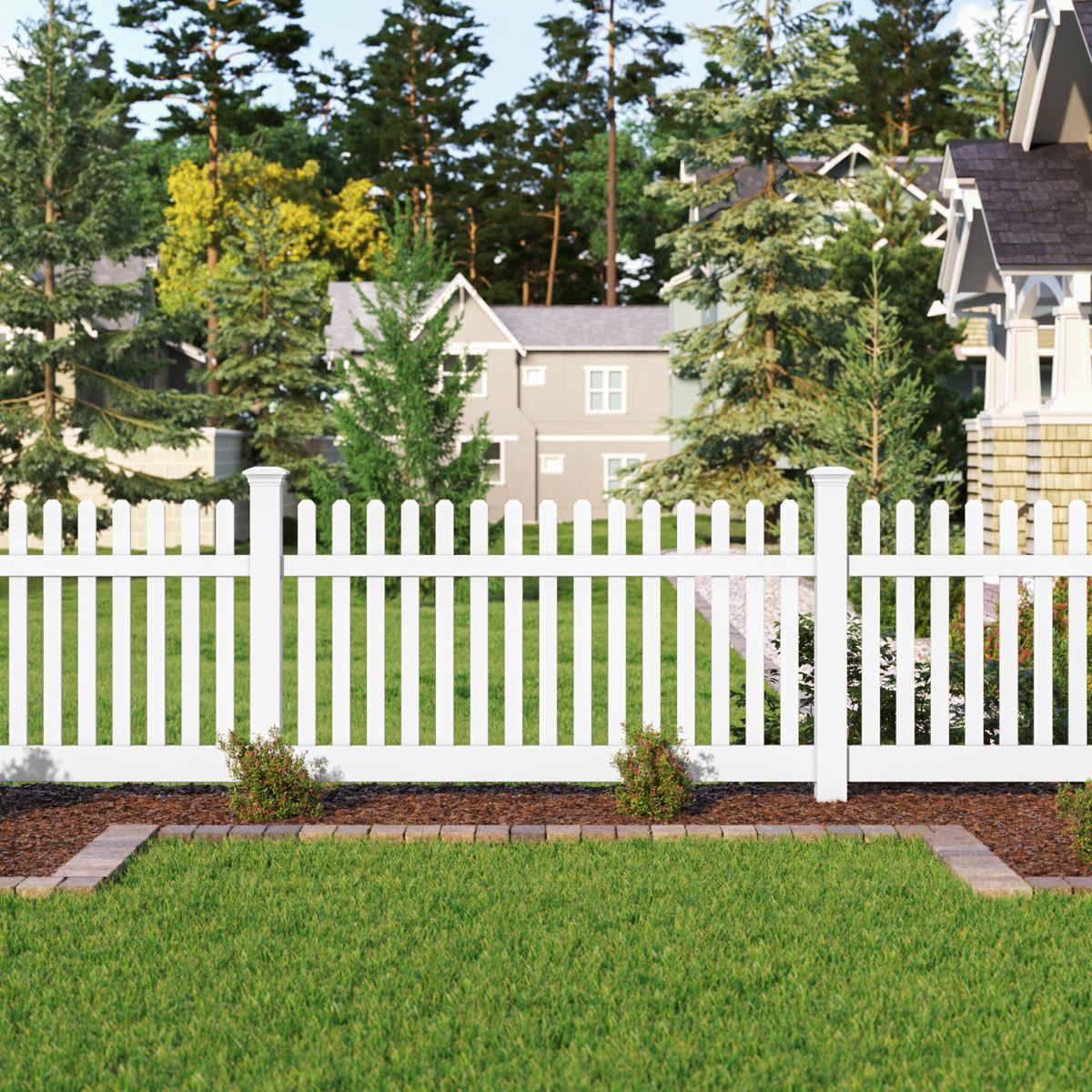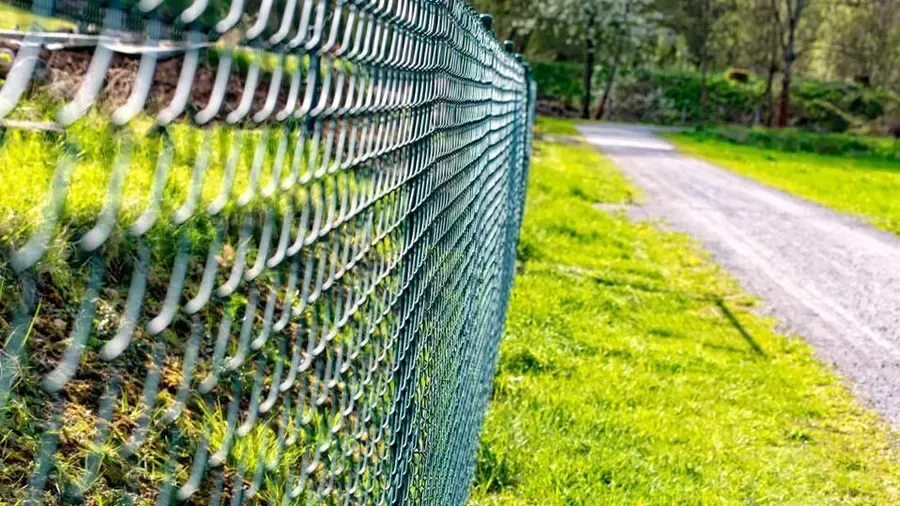7 Questions You Should Ask Yourself Before Attempting A DIY Fence Installation
Are you thinking about installing a fence on your own?
You might believe you’ll save money, but DIY fence installation can be more trouble than you expect. In this article, we listed seven questions you should consider before deciding whether or not to install a fence on your own.
By the end, you'll know exactly why DIY fence installation might not be worth the effort, and why professional fence installation is the only way to go.
1. Is DIY Fence Installation Time-Consuming?
Installing a fence yourself might seem like a quick weekend project, but it can stretch out longer than you think.
Professional fence installers have years of experience, so they know how to get the job done quickly. As a DIYer, you might spend many hours, or even days, just figuring out the best way to start.
For example, digging post holes takes time, especially if the ground is hard or filled with rocks. Then, there’s the time spent measuring, cutting, and securing the materials. What might take a professional team a day or two could take you a week or more.
If you have a full-time job, this project could stretch out even longer, leaving your yard in a state of chaos.
2. Do You Have the Right Equipment for Fence Installation?
Using the wrong tools can make your job much harder.
When professionals install a fence, they use specialized tools to make sure the job is done right. These tools might include post-hole diggers, power augers, and concrete mixers. If you don’t own these tools, you’ll either have to buy or rent them.
Renting might seem like a good option, but if your project takes longer than expected, rental fees can add up quickly. On the other hand, buying these tools might cost more than hiring a professional in the first place.
Even if you manage to get the right tools, using them correctly can be a challenge, and mistakes can lead to costly do-overs.
3. Will Your DIY Fence Last as Long as a Professionally Installed One?
When you install a fence by yourself, the durability might not be what you expect.
Professionals, on the other hand, know the best materials to use and the right way to build a fence so it can withstand the elements. Without this knowledge, your fence could be more vulnerable to weather damage, causing it to deteriorate faster.
For example, a poorly mixed batch of concrete might not hold the posts securely, leading to a wobbly fence. Over time, the fence could start leaning or even fall over.
This lack of durability means you might have to spend more time and money repairing or replacing your fence sooner than you planned.
4. What Happens If Something Goes Wrong After You Install Your Fence?
When you install a fence yourself, there’s usually no warranty.
If something goes wrong with your fence after a professional installs it, you can often rely on a warranty to fix the problem. DIY fence installation leaves you on your own. If the fence starts to sag, or a section breaks, you’ll be responsible for the repairs.
This can be particularly frustrating if you’re not sure how to fix the problem or if you need to buy more materials.
A warranty offers peace of mind that you won’t have to deal with unexpected issues on your own, something DIY doesn’t provide.
5. How Physically Demanding Is Installing a Fence?
DIY fence installation can be physically straining, especially if you’re not used to heavy labor.
Digging holes, lifting heavy materials, and mixing concrete can take a toll on your body. For instance, digging post holes can be backbreaking work, especially if you’re dealing with tough soil or roots. Lifting and positioning heavy fence panels can also be difficult, especially if you’re working alone.
This physical strain can lead to injuries like strained muscles or worse, which can cost you time and money in medical bills or lost work.
6. Will You Face Problems After Your Fence Is Installed?
After you’ve put in all the hard work, you might think you’re done, but post-installation issues are common with DIY projects.
Without professional expertise, you might not notice small mistakes that can lead to big problems later on. For example, if your fence isn’t properly aligned, it might not close or latch correctly, leading to gaps or an insecure fence. Or, if the fence isn’t anchored correctly, it might shift over time, causing it to lean or fall.
These issues can be frustrating and expensive to fix after the fact, making you wish you’d hired a professional in the first place.
7. How Do You Handle Uneven Terrain When Installing a Fence?
Installing a fence on uneven terrain is a big challenge for DIYers.
Professionals know how to adjust their techniques to work with slopes and dips in your yard. For instance, when dealing with a slope, the fence posts need to be placed at different heights to ensure the fence is level across the top. This requires precise measuring and cutting, something that can be difficult without the right experience and tools.
If done incorrectly, the fence could end up looking uneven or unsteady, taking away from the appearance and safety of your property.
Conclusion
In this post, we’ve covered seven questions that reveal the main disadvantages of DIY fence installation.
You’ve learned that it can be time-consuming, requires specialized tools, might not last as long, and doesn’t come with a warranty. It can also be physically demanding, lead to post-installation issues, and present challenges if your yard has uneven terrain.
These issues can turn what seems like a simple project into a complex and stressful task. That’s why it’s important to consider hiring professionals like Down to Earth Fence. We have the experience, tools, and expertise to install a fence that’s strong, durable, and built to last. Plus, with a warranty, you won’t have to worry about unexpected problems down the road.
If you have questions or concerns about fence installation in Cumming, Georgia, don’t hesitate to contact Down to Earth Fence today.
We’ll be happy to discuss your project, and help prevent your dream fence from turning into a DIY disaster.
Let the fence installation experts handle it for you!
